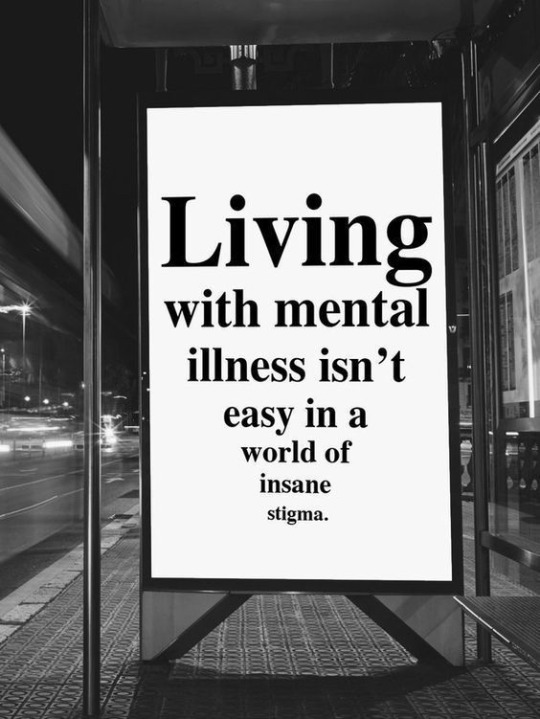In society’s eyes, I don’t have a mental health story. I’m “normal”, which is to say that I am damaged in ways that society deems acceptable and manageable. I bottle up emotions and feelings; I bury thoughts and ideas; I build up walls around the parts of me that frighten me and keep them isolated and hidden. I lie to myself – I hide from myself – I bite my tongue and keep up images of normalcy all so that I can function. And the problem in all this, the danger, isn’t in the everyday – it’s in the brief passing moments when the bottle begins to overflood when the thoughts start to claw their way out from their burial ground, when the walls start to crack.
My mental health story is very well-hidden – it’s so well-hidden that even I can only catch glimpses of it in the shadows every now and then. And that is what makes it exceedingly difficult to ask for help. How do you ask for help when dealing with a shadow, a looming intangible entity that you can feel, that you know exists, but that you can’t grab hold of physically or even verbally? For many people, help is supposed to be a tangible thing: a tangible problem – something is broken, shredded open, shattered in pieces – has a tangible solution – glue it, sew it, pick up the pieces. 
But how do you fix a broken mind? A shredded soul? A shattered heart?
And worse still, how do you even ask for help in fixing something like this?
How do you find the right words to explain the feelings and their magnitude?
How do you explain to someone who is not suffocating that you are being choked by feelings and ideas and all these little things in life that just keep adding up?
How do you do all that without seeming dramatic, attention seeking, and incapable?
Mental health is difficult because it is so abstract, subjective, and vague. You can’t point at something that others can simply see. Usually, the only thing that others can see about your struggles with mental health are its effects – and even then, people can be blind to that, either unintentionally or intentionally. I think that is one of the biggest hurdles to jump over when asking for and giving help with mental health: understanding that it is not black and white, but shades of every color; recognizing that everyone has their own story and just because you can’t feel or understand it doesn’t mean it doesn’t exist. If everyone shared in this mental health mindset, it would eliminate a lot of the apprehensions felt about talking about mental health; it would allow a conversation to freely flow between people and through that conversation, understanding is reached. We understand each other and can help each other better, but, more importantly, you begin to understand yourself better and that shadow lurking in the corners of your vision comes into better focus.
Personally, I defined my shadows through writing. As someone who loves literature, writing stories helped me get my ideas and emotions on paper and made them more tangible and easier to handle. I began to better understand myself and my situation through the characters that I created. Each represented a different part of myself; each took on their own struggle – and through their interactions and reactions, I was able to figure out who I was, who I wanted to become, and what I wanted and needed to do next. Since creative writing helped me the most in defining my mental health story, it isn’t a surprise that the individual who really helped me in getting to this point was my creative writing teacher. As someone who read everything I wrote and as someone who cared passionately about his students’ well-being, he was instrumental in helping me define my shadows. He noticed the subtle nuances of characters and their deeper meanings and he was quick to offer advice, suggestions, and hope. And more importantly, he recognized the importance of the intangible and he tried to understand things that were different from what he knew and felt. And that made all the difference because it allowed me to take the intangible in my life and make it into something that I could point to and ask for help with. Like with the fictional stories that I write, I was able to define, create, and take control over my own mental health story and move it in the direction that I want.
Numerous studies have demonstrated the power of expressive writing on mental health. Here are 5 resources to start exploring creative writing to improve mental health and wellness:
Opening Up by Writing It Down, Third Edition: How Expressive Writing Improves Health and Eases Emotional Pain by James W. Pennebaker & Joshua M. Smyth
Dr. Pennebaker is the father of expressive writing, and much of the inspiration of Anxiety In Teens’ service learning programs!
Creative Writing Exercises for Mental Health by Deanna Berger
Writing as a Way of Healing: How Telling Our Stories Transforms Our Lives by Louise Desalvo
Writing Well: Creative Writing and Mental Health by Debra Penman, Deborah Philips & Liz Linnington
This one’s for creative writing teachers and mental health professionals, but worth a look!
By: Jana Badrani, Anxiety In Teens Contributor